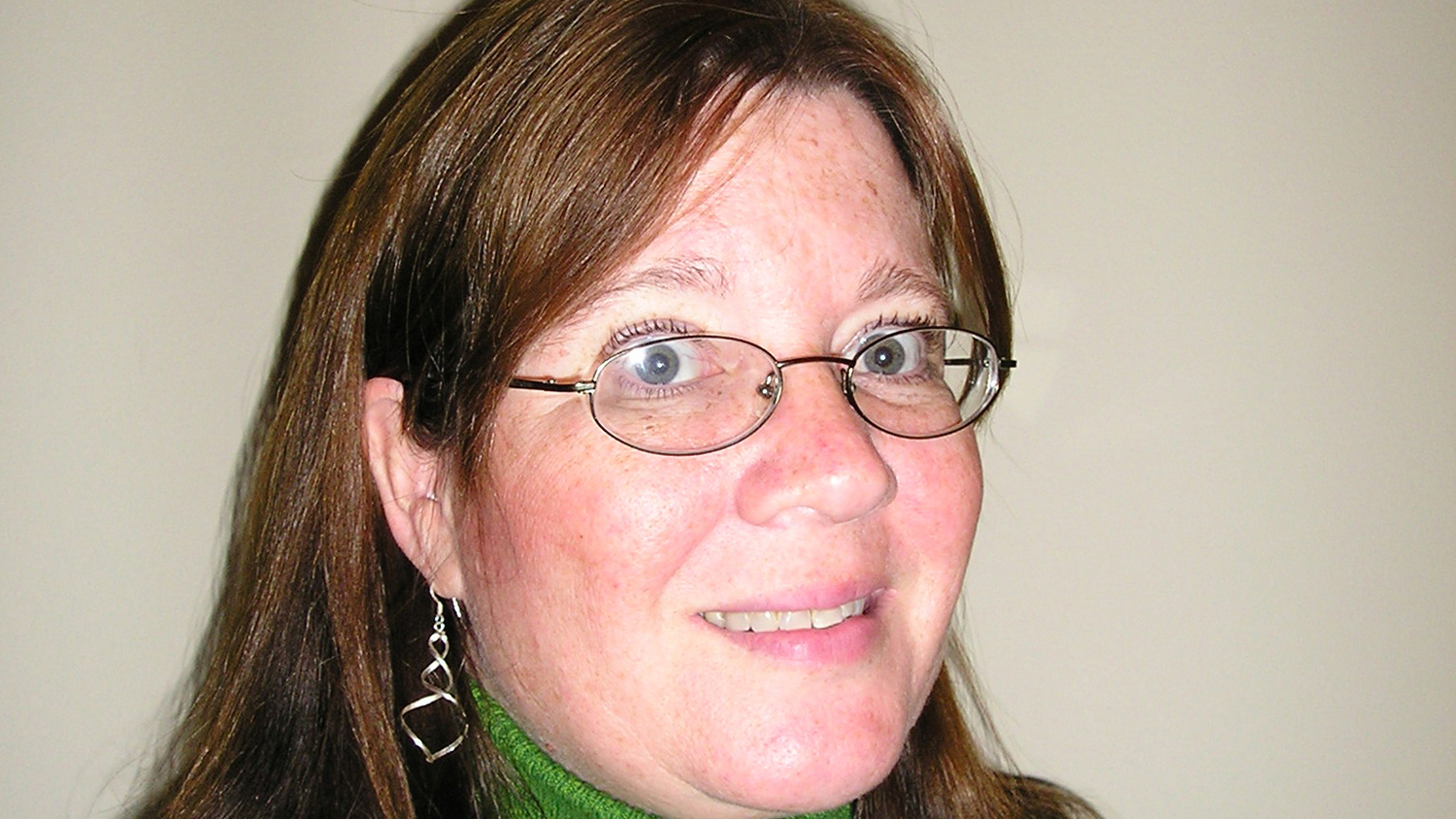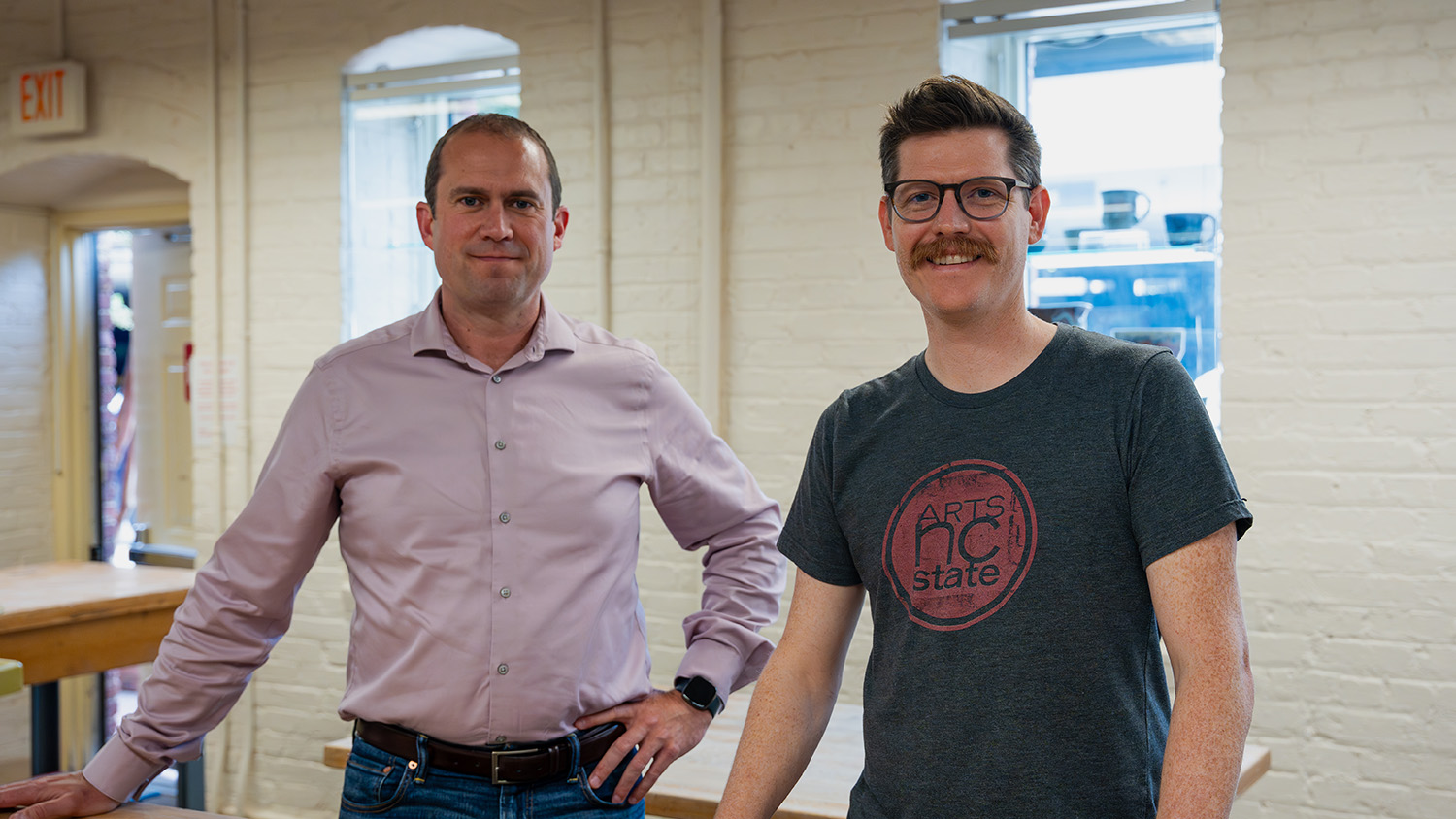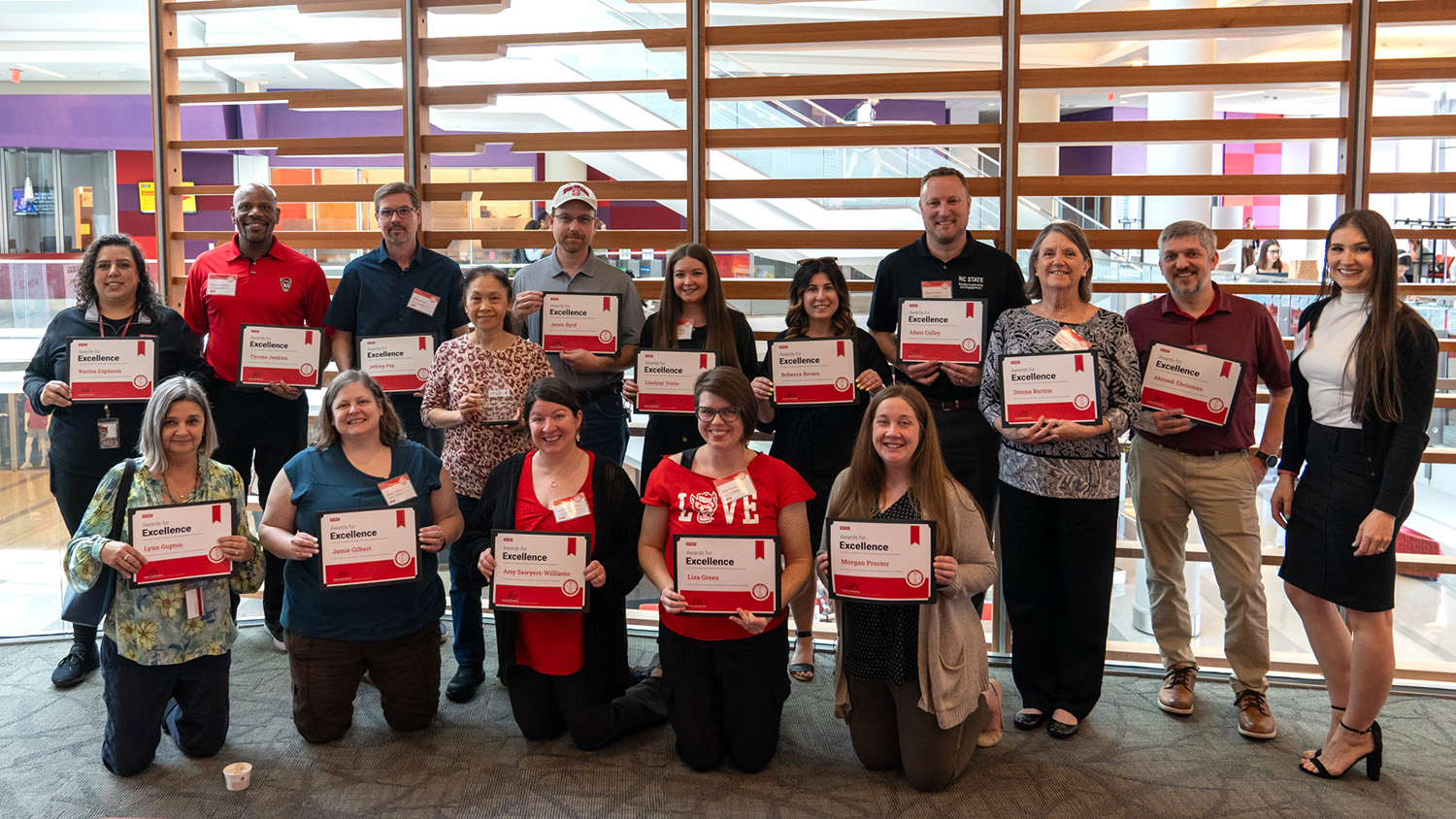Faculty Spotlight: Lisa Parks
Professor Lisa Parks discusses her seminar course, Cancer Through the Ages.

By Maren Carter
Lisa Parks, a faculty member at NC State for over 22 years, teaches the Honors Seminar HON 296: Cancer Through the Ages. The course explores the research, diagnosis and treatment of cancer from ancient Egypt to the modern day. Parks read the Pulitzer Prize-winning non-fiction book Emperor of All Maladies: A Biography of Cancer after a former student gave it to her and encouraged her to teach a course based on the book. After reading Biography of Cancer, she said she was “hooked.”
Raised across the river in Melbourne Beach, Florida on the Space Coast, Parks received a B.S. in zoology from Duke University in 1989 and a doctorate in biology with a concentration in cell physiology and biochemistry from Georgia State University in 1996. SInce 1999, Parks has been teaching in the Department of Biological Sciences at NC State, and has used her background in biology as a foundation for the honors seminar she instructs. Parks expressed her fascination with how “[cellular] pathways can be mutated and co-opted in cancer cells” when asked how her area of expertise has influenced the content of the course.
“A good way to learn how something works is to see what happens when it doesn’t,” Parks said. “As for this course, I’ve always loved history and looking at the humanity of the individuals and what influenced their research, and therefore, our scientific knowledge. Current knowledge and understanding of cancer has been shaped by what’s going on culturally, economically, politically and even personally.”
Parks referenced the Radium Girls when asked about the course’s supplemental material, saying that she’s interested in “how science intersects with society, how society influences what gets funded, what part of society is most affected by our decisions.” Young women who worked in factories that used luminous paint for watch faces are now referred to as the “Radium Girls,” as they contracted radium poisoning from the paint used to adorn the watches. Thousands of women died as a result. Additionally, Parks cites cigarette conglomerates advertising the health benefits of their products long after the detrimental health effects of tobacco were known. “What is going on in society directly influences what we focus on scientifically,” she said.
Parks says that the class has a “much broader range of inquiry and perspectives” due to the small class size and the variety of colleges from which the students come. Differing from the traditional lecture-style course, the seminar is discussion-based, and Parks says that there is “much more give and take as students take turns leading the discussion.”
She hopes that the main takeaway students will walk away with from the course is that “science and scientific research doesn’t happen in a vacuum.” Parks compounded, saying, “looking at cancer discovery through the lens of historical events allows students to get a better perspective [on the] bigger picture.”
- Categories:


